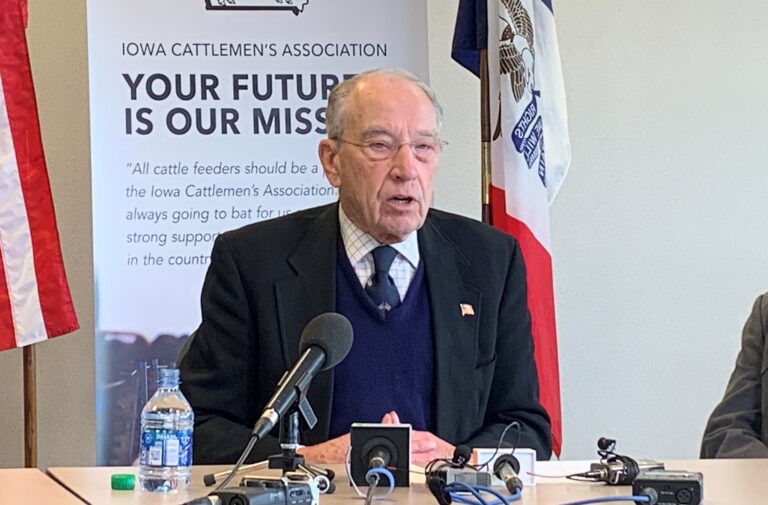IARN — Iowa Secretary of Agriculture Mike Naig announced today the Iowa Department of Agriculture and Land Stewardship is accepting applications for the 2023 Specialty Crop Block Grant Program through March 10. The program, which is designed to support projects that enhance the competitiveness of specialty crops grown in Iowa by increasing demand, yields or awareness, is administered by the Department with funding from the United States Department of Agriculture (USDA) Agricultural Marketing Services (AMS).
“The Specialty Crop Block Grant Program helps to build and showcase the diversity of agriculture within our state and drives the creation of new markets, products and small businesses in Iowa,” said Secretary Naig. “Consumers have demonstrated that they want the option to more readily buy Iowa grown products and this program plays a key role in expanding availability to meet that growing demand.”
Priority areas include projects that:
- May significantly expand, enhance and improve production and markets.
- Research strategies to increase yields, including a focus on pest and disease control as well as new varieties.
- Provides technical assistance or information to growers on creating and sustaining profitable businesses.
The maximum amount of a sub-award has increased to $30,000 this year. However, if it is determined there are not enough qualified projects to award all available funding from USDA-AMS, the Department reserves the right at its sole discretion to re-evaluate the maximum amount to be awarded on a per project basis to utilize all funding available. The duration of projects cannot exceed 30 months.
An informational Q&A session, or Office Hours, will be held for grant applicants on Feb. 7 from 2:00 – 3:00 p.m. For more details and to join the Office Hours, visit the Specialty Crop Block Grant Program website.
Projects must enhance the competitiveness of Iowa grown specialty crops that benefit the industry as a whole and that do not directly benefit a particular product or single organization, institution or individual. Additional points are awarded to projects that address identified priority areas listed above.
Eligible specialty crops include fresh and processed fruits and vegetables, tree nuts, dried fruits, as well as horticulture and nursery crops, including floriculture. A list of eligible plants can be found here. Livestock and poultry are not considered specialty crops.
Iowa agencies, universities, institutions, producers, industry associations and community-based organizations are eligible to apply. Single organizations, institutions and individuals are encouraged to participate as project partners. Eligible applicants must reside and/or conduct their business or organization in Iowa and must be in good standing.
The Department is establishing a review committee to help evaluate and make recommendations on the submitted grant proposals. Individuals interested in participating in the review committee should be knowledgeable about specialty crops and/or have grant writing or grant management experience as well as be able to devote time to complete the review process. Additional information about reviewer responsibilities, meeting dates and an application form can be found here. Applications to participate in the review committee are due by 4:00 p.m. CT on Feb. 20, 2023.
Proposals must be received by the Iowa Department of Agriculture and Land Stewardship on or before 4:00 p.m. CT on March 10, 2023. For more information, visit the Specialty Crop Block Grant Program website.
Story courtesy of the Iowa Agribusiness Radio Network.
Photo courtesy of the Iowa Department of Agriculture and Land Stewardship (IDALS)













